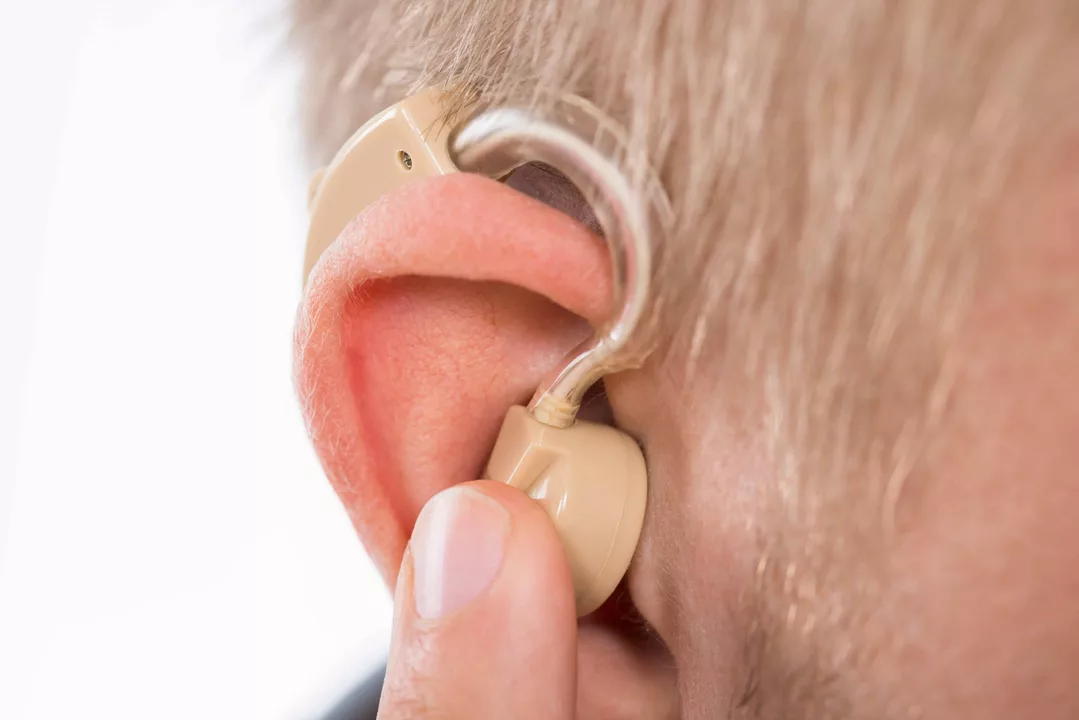Hearing Loss: What You Need to Know
If sounds are getting muffled or you keep asking people to repeat themselves, it could be a sign of hearing loss. It’s more common than most think, affecting millions of adults and even some teens. Understanding why it happens and what you can do about it helps you stay in control of your ear health.
Common Causes of Hearing Loss
Age‑related decline, called presbycusis, is the top reason older folks lose hearing. Over time, tiny hair cells inside the inner ear wear out and don’t grow back. Loud noise exposure is another big factor—think concerts, power tools, or headphones at high volume. Even short bursts of very loud sound can damage those delicate cells.
Some prescription meds are ototoxic, meaning they can harm hearing. Common culprits include certain antibiotics (like gentamicin), chemotherapy drugs, and high doses of aspirin or NSAIDs. If you’re on any of these, ask your doctor about regular hearing checks.
Ears infections, earwax buildup, and fluid after a cold can temporarily lower hearing. These problems usually clear up with proper treatment, but ignoring them may turn a short‑term issue into a long‑term one.
Protecting Your Ears & Managing Symptoms
The simplest protection is to keep volume down. If you use earbuds, follow the 60/60 rule: no more than 60% of max volume for under an hour at a time. Wear earplugs when you’re around loud machinery or attending concerts.
Regular check‑ups matter. A basic hearing test takes just a few minutes and can spot early changes before they become noticeable. If your doctor confirms loss, they’ll discuss options like hearing aids, assistive listening devices, or even certain supplements that support ear health.
Hearing aids have gotten smaller and more affordable. Modern models connect wirelessly to phones, TVs, and other gadgets, making everyday conversations easier. Many insurance plans now cover part of the cost.
If you experience ringing (tinnitus) along with hearing loss, sound therapy or white‑noise machines can help mask the buzz. Some people find relief from low‑dose zinc or magnesium, but talk to a pharmacist before adding supplements.
Finally, protect your overall health. High blood pressure and diabetes both increase the risk of ear damage, so keep those conditions in check with diet, exercise, and medication when needed.
Bottom line: hearing loss isn’t something you have to live with silently. Spot the signs early, limit loud exposure, stay on top of any ototoxic meds, and explore modern hearing solutions. Your ears deserve the same care you give the rest of your body.

The Link between Ototoxic Medications and Hearing Loss
Caspian Mortensen Apr, 29 2023 15As a blogger, I recently came across a fascinating topic - the link between ototoxic medications and hearing loss. Ototoxic medications are drugs that can potentially damage our ears, leading to temporary or permanent hearing loss. I was surprised to learn that many commonly prescribed medications, such as certain antibiotics and pain relievers, can be ototoxic. It's essential for us to be aware of the potential side effects of these medications and discuss any concerns with our healthcare providers. By staying informed, we can make better choices for our health and protect our precious hearing.
More Detail